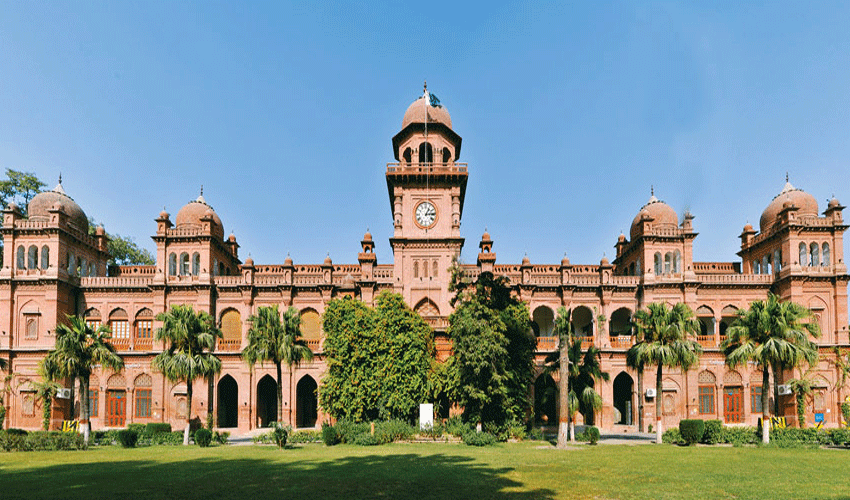Dubai has turned to an innovative solution to combat summer temperatures that are too hot for beachgoers: the opening of night beaches.
Equipped with floodlights and lifeguards using night-vision binoculars, these beaches have become a popular retreat, drawing over one million visitors since their launch last year.
With climate change causing temperatures to soar, reaching regularly above 40 degrees Celsius (104 degrees Fahrenheit), the night beaches have proven to be a welcome relief for residents and visitors alike. “The temperature drops down in the evening after the sun sets. So, yeah, it's amazing,” said Mohammed, a 32-year-old resident from Pakistan, who brought his children to enjoy the beach without the harsh Gulf sun.
Despite ongoing regional conflicts, including tensions involving Israel, Hamas, Hezbollah, and Iran, Dubai's night beaches remain bustling with activity during weekends. With over 800 meters of designated night beaches fitted with shark nets and illuminated by powerful floodlights, the city has created a unique nighttime experience. Lifeguards are stationed around the clock, employing night-vision binoculars to ensure swimmer safety.
Officials are also trialing an artificial intelligence camera system designed to detect distress among beachgoers. At nearly midnight on a recent Friday, Umm Suqeim beach was packed, with temperatures still above 30°C (86°F). “It feels like (I'm) in a bath,” commented Mary Bayarka, a fitness coach from Belarus, as she enjoyed the warm Gulf seawater.
For many expatriates, the night beach offers an essential escape from their demanding work lives. Filipina saleswoman Laya Manko described the beach as her “stress reliever,” highlighting its importance as a weekly retreat for migrant workers.
Dubai's authorities view the night beaches as an effective way to attract tourists, especially during the summer when extreme heat usually keeps them indoors. Hamad Shaker, an official from the Dubai municipality, noted, “I believe we are one of the only cities in the world to have such infrastructure on public beaches at night.”
Historically, Dubai emptied out in summer as expatriates fled the oppressive heat. However, with a plethora of attractions, including the world’s tallest building and indoor amusement parks, the city has transformed into a year-round urban destination, welcoming over 17 million visitors last year.
Despite this success, experts warn that climate change may pose future challenges. Manuela Gutberlet, a tourism researcher, cited extreme weather events, including unprecedented rainfall that paralyzed the city, as potential deterrents for tourists. “Adaptation to new risks is essential,” she emphasized.
For many visitors, like 77-year-old Laziz Ahmed from France, the night beaches offer an ideal solution. “During the day, I don't go out much,” he said, adding that in the evening, “I make up for it.”


























